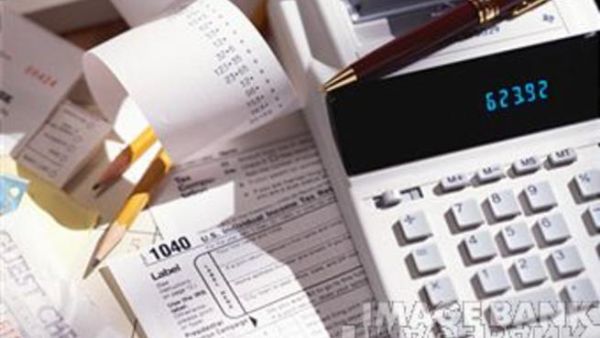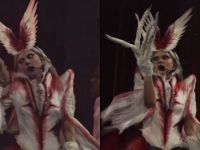The National Economy Committee rejected Monday proposed tax hikes in the 2012 budget draft, urging politicians to hold a “socio-economic dialogue” to shield the Lebanese economy from the repercussions of political bickering.
“We [reached an agreement] that there shouldn’t be any additional taxes on the productive and banking sectors [as well as] on consumers,” Beirut MP Nabil Du Freij told reporters after a meeting held at Parliament. “Taxes are increased when the economic conditions are improving, not when the economy is slowing,” he said. “Our only policy recommendation is that the budget should be passed with no additional taxes,” Du Freij added.
The committee reiterated calls for an economic dialogue, mirroring National Dialogue talks that brought together Lebanon’s rival political coalitions.
The National Economy Committee is a body that represents Lebanon’s private sector, and is comprised of various lawmakers, ministers and members of economic committees. “The socio-economic dialogue should focus on separating politics from the economy,” Du Freij said.
The revised 2012 budget draft, which was recently announced by Finance Minister Mohammad Safadi, stipulated a new 15-percent tax on real estate transaction profits and a 2-percent hike on both VAT and interest revenue taxes.
Safadi said the ministry was also discussing a potential increase in taxes on banking sector profits, from the current 15 percent to 20 percent. According to Safadi the tax hikes are necessary to boost infrastructure investments, and will allow for a wage increase for public sector employees. He said that salaries would increase by at least 31 percent, raising expenditures to a total of LL1.7 trillion.
“The Finance Ministry is trying to pass the new budget to cover the wage increase and this is [a rightful issue]. But [new taxation] would deal a strike to the economy,” Du Freij said. He claimed that the approval of the 2012 budget is a “positive policy indicator,” and will provide a much-needed boost to the economy.
“The government is always demanding funds from Parliament ... But it fails to [inform Parliament] of how it intends to help the tourism, agriculture and industry sectors to sustain turbulent economic conditions,” he added. Lebanon’s private sector has repeatedly warned Lebanese leaders about a deepening economic crisis if political bickering persists amid a deteriorating security situation.
Prominent businessmen have argued that the government should fight the squandering of public money rather than increase taxes, which would weaken the purchasing power of consumers and slow economic growth.
Central Bank Governor Riad Salameh has urged the government to combine any tax hikes with structural reforms and development projects, and to work alongside the private sector in its attempts to boost economic activity and offset inflation.








